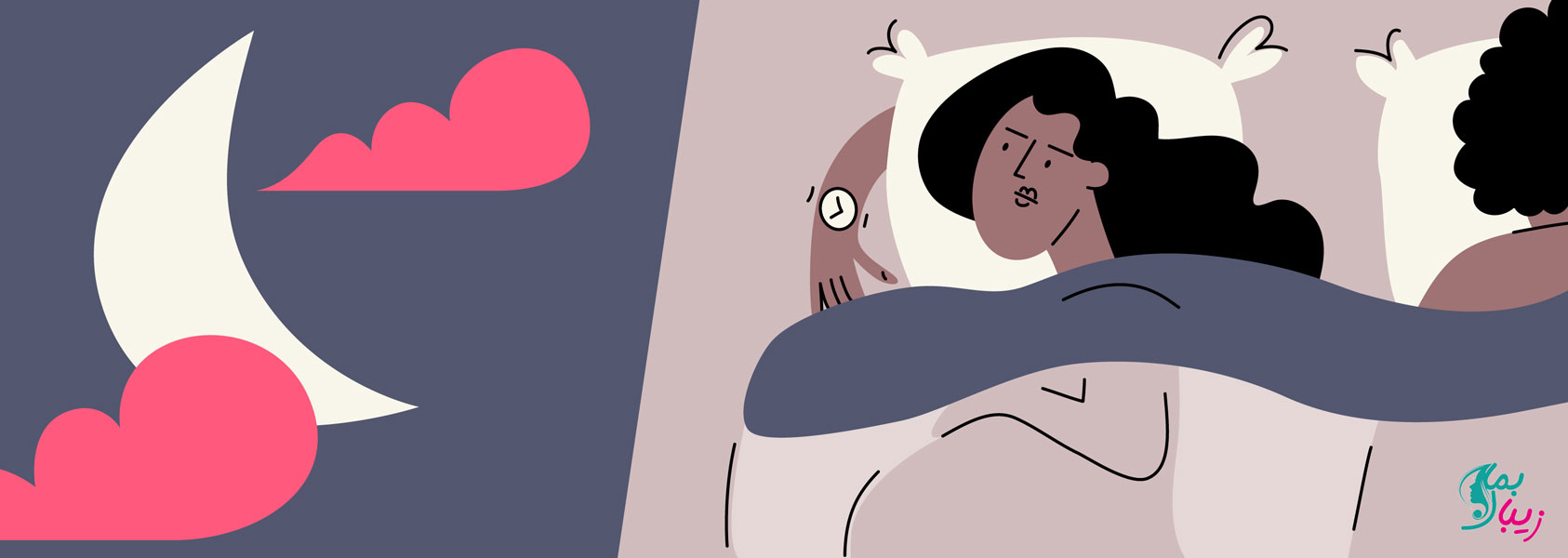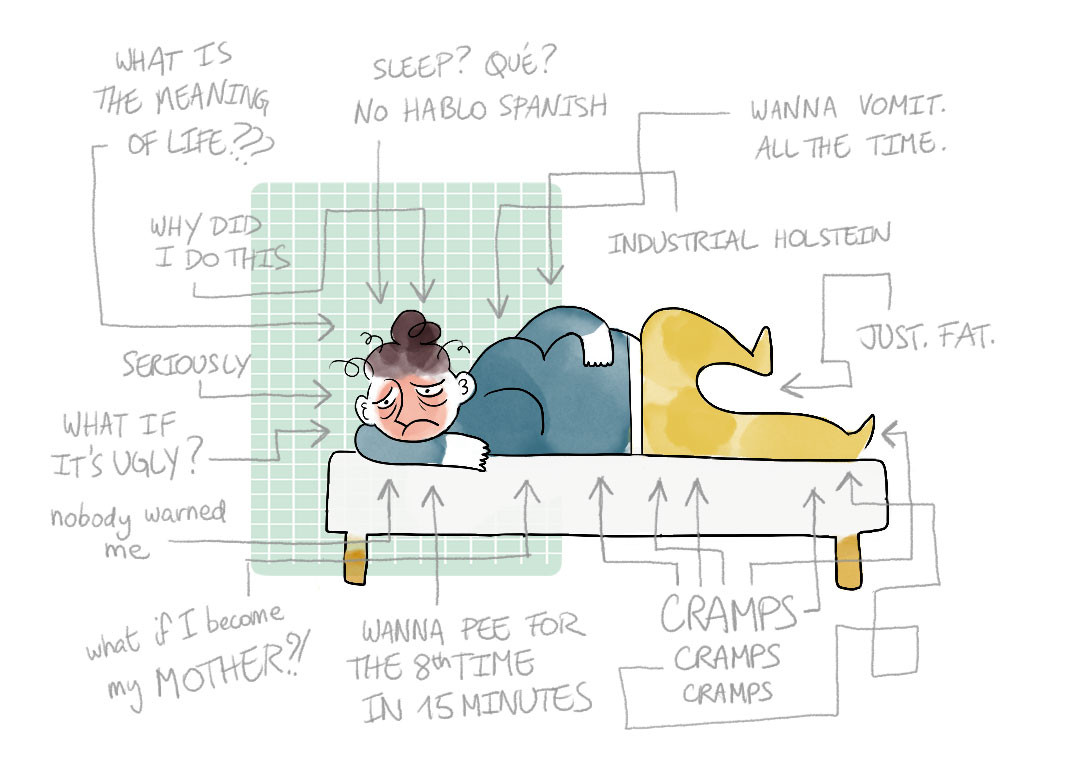
The characteristics of insomnia symptoms are also important. Other disruptions in your work, social activities, hobbies or other routine activities.Mood disruptions, especially anxiety, depression and irritability.Slowed thought processes, confusion or trouble concentrating.Delayed responses, such as reacting too slowly when you’re driving.Late (early waking) insomnia: This form means you wake up too early in the morning and don’t fall back asleep.īecause you need sleep to be your best, disruptions like insomnia commonly cause symptoms that affect you while you’re awake.It’s the most common form, affecting almost two-thirds of people with insomnia. Middle (maintenance) insomnia: This form makes you wake up in the middle of the night but you fall back asleep.Initial (sleep onset) insomnia: This means you have trouble falling asleep.There are three main ways this happens, and people commonly shift between them over time: When you have trouble sleeping is an important symptom of insomnia. Insomnia has several potential symptoms, which fall into a few categories:

Roughly, 1 in 3 adults worldwide have insomnia symptoms, and about 10% of adults meet the criteria for insomnia disorder. Secondary insomnia means it’s a symptom of another condition or circumstance.īoth the acute and chronic forms of insomnia are very common. Cause: Primary insomnia means it happens on its own.The chronic form is known as insomnia disorder. Time: Experts classify insomnia as acute (short-term) or chronic (long-term).There are two main ways that experts use to put insomnia into categories: Infants need significantly more sleep, between 14 and 17 hours per day, while adults (ages 18 and up) need about seven to nine hours per day. Natural changes in sleep needs: Your need for sleep changes throughout your life.On the opposite end of that spectrum, some people learn to be very heavy sleepers so they can still sleep despite surrounding noises. Military personnel with combat experience often learn to be light sleepers because of the demands and dangers of their profession. Learned sleep differences: Some people develop sleep habits for specific reasons, such as their profession.Research indicates that there may even be a genetic reason for that. Short-sleepers: Some people naturally need less sleep than others.Night owls/late risers: Some people prefer to go to bed and wake up late.Early birds/early risers: Some people naturally prefer to go to bed and wake up early.Because of these variations, experts consider a wide range of sleep characteristics “normal.” Some examples of this include: Sleep habits and needs can be very different from person to person. How sleep needs and habits vary and what that means for you Experts do know that when you don’t sleep enough, it can cause sleep deprivation, which is usually unpleasant (at the very least) and keeps you from functioning at your best. Your body needs sleep for many reasons (and science is still unlocking an understanding of why sleep is so important to your body). The reasons why insomnia happens can vary just as widely.



For others, insomnia can be a major disruption. For some people, insomnia is a minor inconvenience. That can mean you aren’t sleeping enough, you aren’t sleeping well or you’re having trouble falling or staying asleep. Insomnia is when you aren’t sleeping as you should. Some of the effects become dangerous when insomnia is severe or long-lasting. Over time, the effects can grow and become severe. Insomnia is when you have trouble sleeping.


 0 kommentar(er)
0 kommentar(er)
